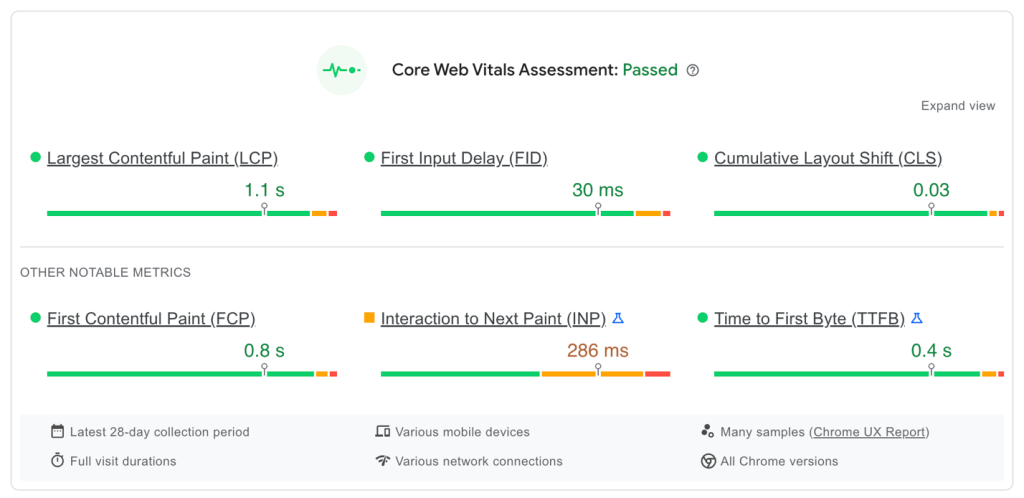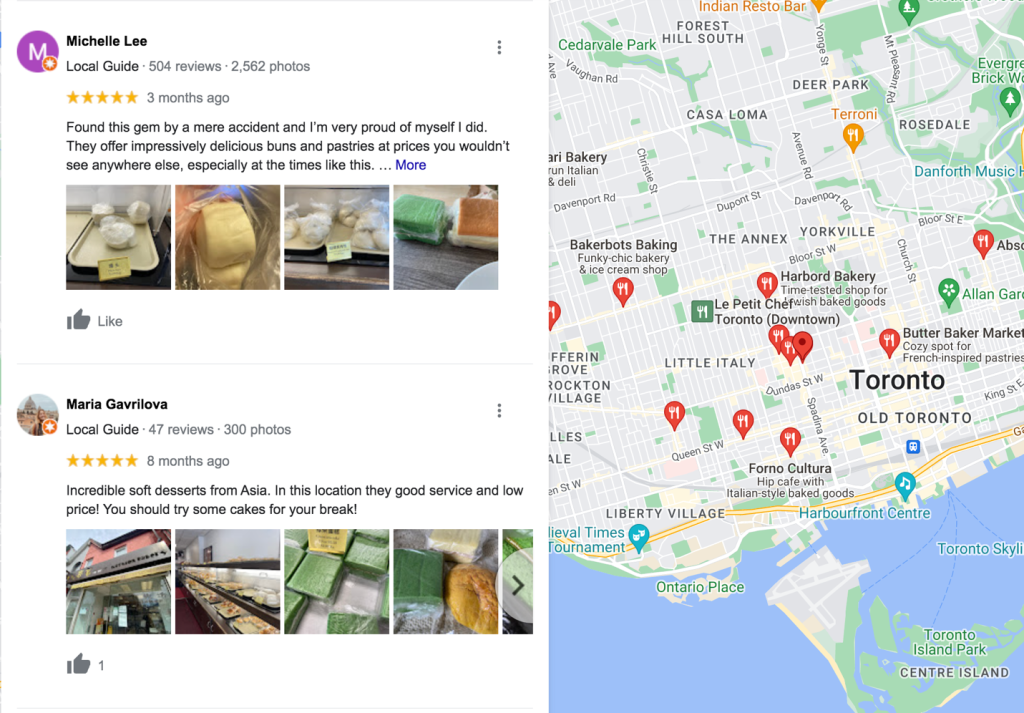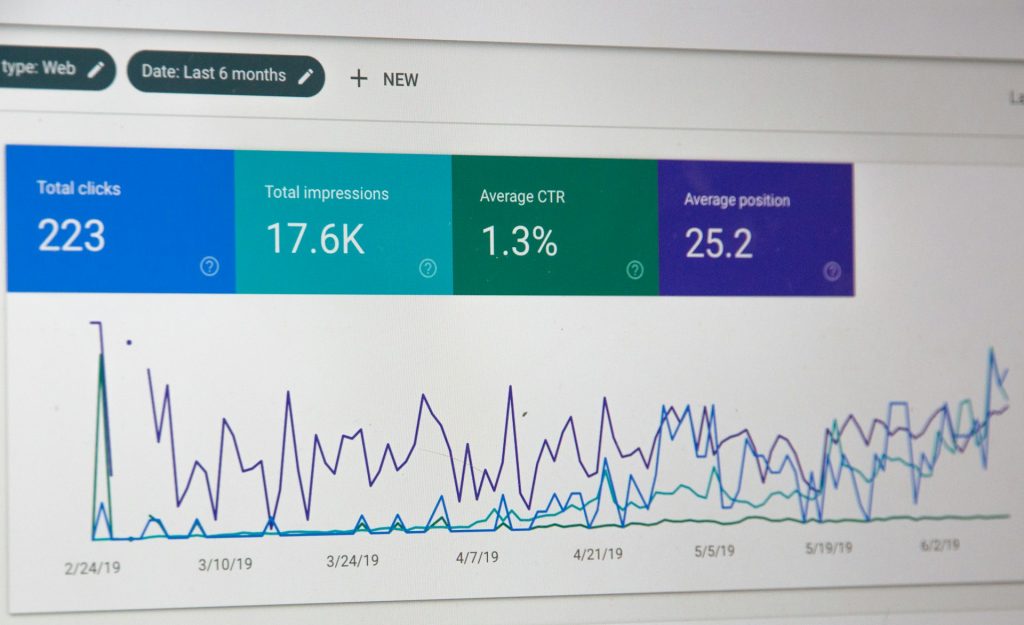Whether you’re a small business owner, an entrepreneur, or a freelancer, your digital reputation matters greatly.
Luckily, there are ways to boost your reputation through search engine optimization (SEO). This article will provide helpful tips on SEO to improve your online reputation and stay ahead of the competition.
1) Optimize for Specific Keywords
SEO involves optimizing content with specific keywords that help make your website more trustworthy to search engines and users. It can help increase website traffic and improve your overall reputation when used strategically.
When it comes to improving your reputation through SEO, one of the most important steps is to optimize for specific keywords.
By targeting “best,” “top,” and “good” as keywords, you can ensure that your content appears in the top results when people use these terms along with other keywords in their searches.
You can use online tools like Ubersuggest or Ahrefs to find target keywords.

Doing so will boost website visibility and give users an impression of trustworthiness and quality when they land on your page. Using these words in titles and headlines can attract attention from readers who may otherwise have overlooked them.
You can also use these keywords in combination with relevant keywords related to your niche and then tailor content, such as blog posts or product descriptions, to include those words to attract more qualified leads. This method helps bolster both rankings and visibility.
2) Use Content to Build Authority
You can build a strong and lasting presence for yourself on the web through effective use of the content. Focusing on topical authority is essential to dominating search engine results.
Rather than briefly touching upon certain aspects of your business or service, create content focusing on several topics in your niche to build an authoritative presence.
Done correctly, thorough coverage of your niche will make you stand out from competitors and help establish you as an expert in the field.
By crafting content around specific topics, potential customers are more likely to recognize you as an authority rather than just another page in search engine results.
Doing so will help you with name recognition and increase conversions and leads — all while boosting your reputation along the way.
3) Building Quality Backlinks
Backlinks can singlehandedly boost your reputation and increase your pages’ search rankings. You do not need lots of backlinks to see results either — just enough quality links from relevant sites can help solidify your authority and stay competitive in your niche.
Building backlinks can be done in several ways, such as by guest posting on relevant websites and blogs or through mail outreach. Quality backlinks help establish credibility, increase visibility, and drive more targeted traffic to your website.
When looking for relevant sites to guest post on or when writing an email outreach campaign, make sure you focus on building rapport with other website owners or blog writers.
Take some time to get familiar with their content so that they understand that you are genuinely interested in what they say and not just trying to promote yourself.
Doing so will increase the chances of them accepting your request for a link exchange or including a link in their article about you or your business.
4) Make Your Site Mobile Friendly
The modern world operates on the go. With over 6.92 billion people owning a smartphone, companies must pay attention to the importance of having a mobile-friendly website.
Unfortunately, many businesses still need to pay more attention to this crucial step, which could destroy their reputation.
Say there is a brick-and-mortar retailer called ABC with an outdated website with no mobile compatibility.
Customers who try to access the site from their phones will face long load times and blurry images, leading to frustration and confusion. This situation will cause customers to look elsewhere for goods and services, damaging ABC’s bottom line and trustworthiness in potential buyers’ eyes.
5) Use Outbound Links
Outbound links are any link that leaves a website or page and directs visitors to an external source. By utilizing outbound links, you can demonstrate your understanding of the topic you are discussing and showcase your expertise.
When creating outbound links, link to reputable sources with strong authority and high domain ratings. This act will ensure that the content you’re linking is accurate and reliable. It will help increase trustworthiness among readers as they know they receive information from highly credible sources,” says Sheldon Ellison of Ace Bogger Outreach.
Tip: Ensure the links point to high-quality sources, such as reputable websites or articles written by established professionals in the field. Links should be relevant to the subject and support whatever argument you make in your content.
6) Ensure Blazing-fast Site
The importance of a fast-loading site cannot be overstated; numerous studies suggest that people leave sites if they take longer than 3 seconds to load.
See how this website passes all metrics in the Core web vitals assessment.

A slow-loading site can lead visitors away from your page, resulting in low user engagement and high bounce rates – both unfavorable for SEO purposes. Slow loading times can also reduce visitor loyalty and can cause your website to be penalized by Google and other search engines.
On the other hand, having a blazingly fast site will give you an edge over other websites and improve your reputation.
To achieve blazing-fast speed for your site,
- Use quality hosting services,
- Compress images and videos on your page,
- Keep plugins up-to-date,
- Implement caching techniques,
- Use a Content Delivery Network (CDN)
- Optimize codes so that they are minimal in size,
- Use external scripts instead of inline ones
- Use CSS sprites instead of many small images
- Reduce redirects and avoid bad requests
7) Use Social Media Platforms to Engage with Customers
You can reach a greater audience and build relationships with potential customers by creating an active presence on social media. Your visibility will increase and create more meaningful connections with your target market.
Engaging content such as blog posts, short-form videos, polls, surveys, etc., can demonstrate thought leadership and attract new customers while cementing existing ones’ trust in your brand.
Also, when people interact with your content — whether liking or sharing a post — it leaves behind footprints that will be tracked by search engine crawlers, giving you a better ranking on the SERPs.
And when customers have positive interactions with your business through these channels, they often become brand evangelists, sharing their experiences and helping you get more business. The key is ensuring customer engagement is effective and timely so that customers feel heard and valued.
You should look at the particular needs of your customers to create an appropriate plan for engaging them on social media. For example, if your customers primarily use a platform (such as Twitter) to voice complaints, then a response strategy should be in place that deals quickly and efficiently with those issues.
And if they’re using it more for product queries or recommendations, these should be addressed promptly.
By responding swiftly and appropriately, you can tell them without telling them how much you value them without having to resort to expensive tactics such as advertising campaigns or promotions.
8) Optimize Google My Business Profile with Customer Reviews
Getting positive customer reviews for your Google My Business profile is one way to boost your presence in search engine results and give potential customers a clear understanding of what kind of service they can expect from you.
Reviews that appear on Google My Business increase visibility and help build trust in the brand by providing unbiased opinions from people who have experienced the products or services first-hand.

Encouraging customers to leave honest reviews after their experience with you gives others an insight into what kind of quality service you provide.
9) Use HARO to Get Links from Top Media Sites
HARO is an effective tool to help you get links from top media sites. HARO (Help A Reporter Out) is a service that connects journalists with sources for their news stories.

By responding to requests from reporters via the platform, you can get a link to your website or blog.
Using HARO can be very beneficial in terms of SEO because most publications and websites that use the platform have high domain authority.
Hence, any time your website or blog gets linked back to them, it helps improve your domain authority – this, in turn, helps increase traffic to your website and gives you more credibility as an expert in your field.
